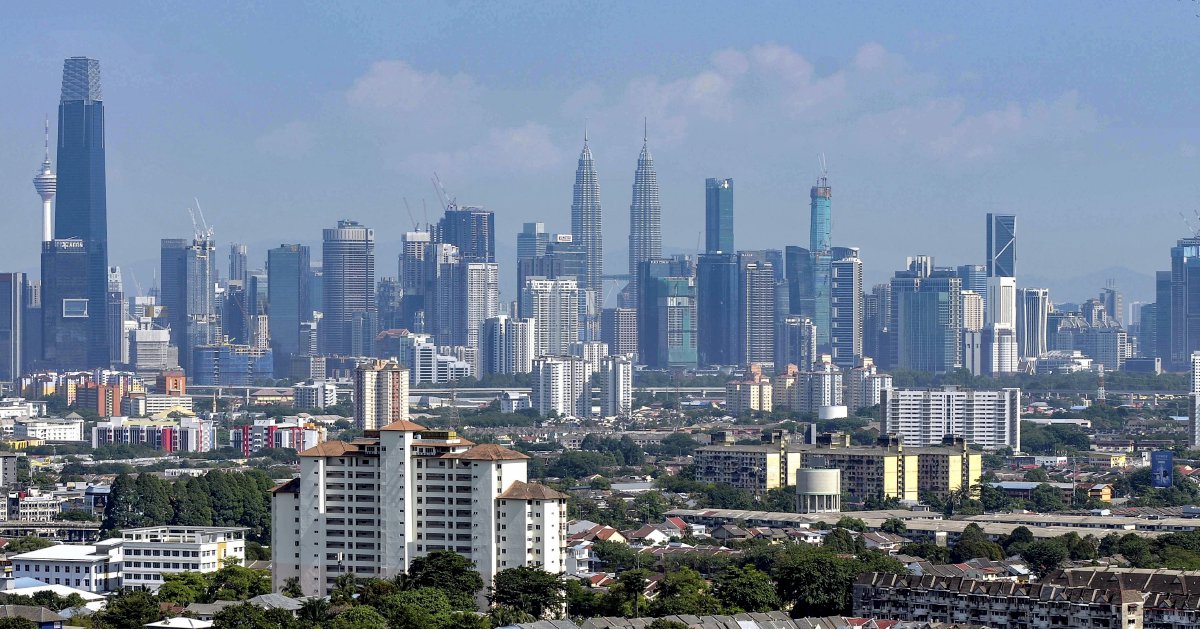KUALA LUMPUR: The Malaysia Retail Chain Association (MRCA) and the Malaysia Shopping Malls Association (PPK Malaysia) are urging the government to ease the impact of the 8 per cent Service Tax (SST) on commercial property rentals in Budget 2026.
They propose phasing in the levy, starting at 4 per cent in 2026 and rising to 8 per cent over a decade, to give businesses and consumers time to adjust while still meeting fiscal targets.
The groups also want the SST on construction works cut from 6 per cent to 3 per cent, citing frequent refurbishments – typically every two to three years – as a major expense for retailers preparing for Visit Malaysia 2026.
MRCA, representing over 550 retailers, and PPK Malaysia, with 733 malls, warn the tax could add RM1.3–1.5 billion annually to retailers’ costs—nearly double the pace of normal rent hikes—posing a serious risk to one of Malaysia’s key economic drivers.
MRCA, which represents more than 550 retailers with 40,000 outlets, and PPK Malaysia, which counts over 733 malls as members, warned of steep cost pressures. A recent survey conducted by PPKM shows that with average rentals of RM7 to RM8 per square foot per month and a nationwide net lettable area of 196.2 million square feet, retailers of Malaysia are expected to face an additional RM1.3 to RM1.5 billion in taxes each year.
“By comparison, normal rent increases average about 5 per cent every two to three years. The 8 per cent SST is immediate and nearly double this pace, creating a sudden cost shock that fundamentally changes the economics of operating in Malaysian malls. Without careful policy adjustments, the retail sector, one of Malaysia’s key economic engines, could be seriously weakened,” they said.
They called for clearer guidance on taxable components and continued monitoring of inflationary impacts, which would help ensure that the policy supports both fiscal objectives and the long-term health of the retail ecosystem.
For retailers, the new 8 per cent SST comes on top of rising staff expenses. These include the higher minimum wage of RM1,700 implemented in February this year, mandatory EPF contributions for foreign workers starting October 2025, and the increase in the EIS/SOCSO wage ceiling from RM5,000 to RM6,000 since last year.
On top of that, they said that the US tariff measures on selected imports are expected to push up the cost of goods such as apparel, food ingredients and electronics.
“Taken together, these pressures are squeezing profit margins, dampening growth plans, and could even reduce corporate tax contributions over time.”
They noted that mall operators are equally strained. The new SST is estimated to add 15 to 18 per cent to our current operating costs, while a PPKM–Stratos Pinnacle survey already indicates a 27 per cent gap between operating expenses and recoverable charges. Faced with this burden, operators may have little choice but to reduce tenant incentives, delay capital improvements, or pass costs onto tenants, raising risks to tenant retention, mall competitiveness, and the long-term vibrancy of the retail sector.
Consumers are also likely to bear the burden if costs are passed on. The additional RM1.3 to RM1.5 billion in taxes represents about 0.2–0.4 per cent of Malaysia’s total retail sales of RM764.9 billion in 2024, pointing to upward pressure on prices.
“The expansion of SST to certain imported items, including seafood staples such as salmon, cod, and king crab, further compounds pressure on household budgets and weakens consumer sentiment.””
The retail industry reiterates its support for the government’s fiscal objectives but stresses that the implementation of new measures must be consistent with the Madani vision of sustainability, inclusivity, and the well-being of the rakyat.
A phased and balanced approach under Budget 2026 will not only safeguard Malaysia’s retail competitiveness but also protect jobs, preserve consumer purchasing power, and ensure that growth is achieved in a fair and sustainable manner.
© New Straits Times Press (M) Bhd






